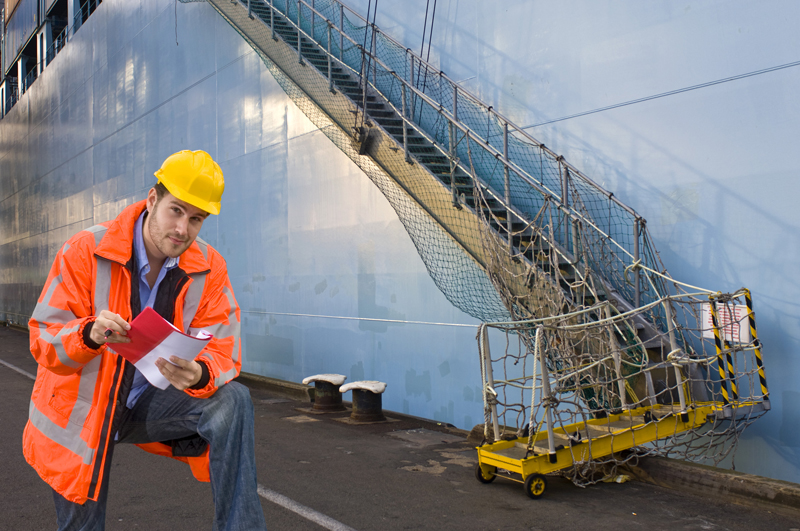Workers’ compensation insurance covers medical expenses and lost wages for workers injured on the job and those who have developed a job-related illness. Medical chart review is an important requirement in this regard. Typically, workers’ compensation benefits are paid by the employer or insurer. For maritime workers injured on the job, there is a difference.
There are certain federal and state laws under general maritime law and the Jones Act that were formulated particularly for seamen, deckhands, crew workers, longshoremen, commercial fishermen and others in the maritime industry. Vessels have to maintain the expected safety standards so that people working on them are safe. If they don’t do so, they are considered unseaworthy. In other words, a vessel that does not have the mandatory safety equipment, and has defective products or is inoperable, isn’t seaworthy. Typical examples of unsafe maritime work environment are broken ladder steps, no warning signs, broken machine parts and so on. The general maritime law and the Jones Act have provisions to compensate workers injured due to such negligence.
Seamen injured on the job can claim maintenance and cure rights irrespective of whether the injuries happened because of their own negligence or the negligence of the employer or the vessel owner. Under maintenance and cure rights, the maritime worker will receive a daily living allowance and medical care throughout the period the worker is injured. Maintenance signifies the injured seaman’s room and board while he is recovering from the injury. It includes rent/mortgage, homeowner’s insurance, utilities, property taxes and food. Things like internet, telephone and car payments are not included. Cure signifies the injured worker’s medical expenses. The employer has to pay these benefits until the seaman reaches a point of maximum medical improvement.
Before these benefits end, the worker must furnish a full bill of health signed by a healthcare provider.
Apart from maintenance and cure allowance, seamen injured on the job can also claim lost wages under the Jones Act and general maritime law. However, in this case, the injury must have been caused by the negligence of another party. The benefits received will cover present earnings that the seaman would have received if he was still working, as well as the lost earning capacity and lost future earnings. When determining the compensation, factors such as average pay increases expected, possible promotions, and estimated work life expectancy will be considered.
Workers who work near the water but are not crew members of a vessel are covered by the Longshore and Harbor Workers’ Compensation Act that is a federal workers’ compensation act that governs workers’ compensation for maritime workers, among other employees. It generally provides more compensation to the injured worker than most state workers’ compensation acts do.
While temporary total disability benefits under many state workers’ compensation laws are only 60% of the employee’s average weekly wage, they are 66 2/3% under the Longshore Act. While many state workers’ compensation acts don’t provide compensation for workers who have a permanent partial disability, the Longshore Act provides coverage for this type of disability.
Fishermen from Alaska holding a commercial license or a limited entry permit may be eligible for a fund specifically set up for those workers injured during maritime work in Alaska. There are strict guidelines provided to qualify for the Alaska Fishermen’s Fund. This funding is used only when the other forms of funding are not available. Seamen injured on the job could benefit from professional legal advice. An experienced attorney, with the support of a medical review service provider, would study the medical aspects of the case and decide on the right course of action. Legal advice and assistance ensures that the injured worker stands more of a chance to secure the due benefits.




